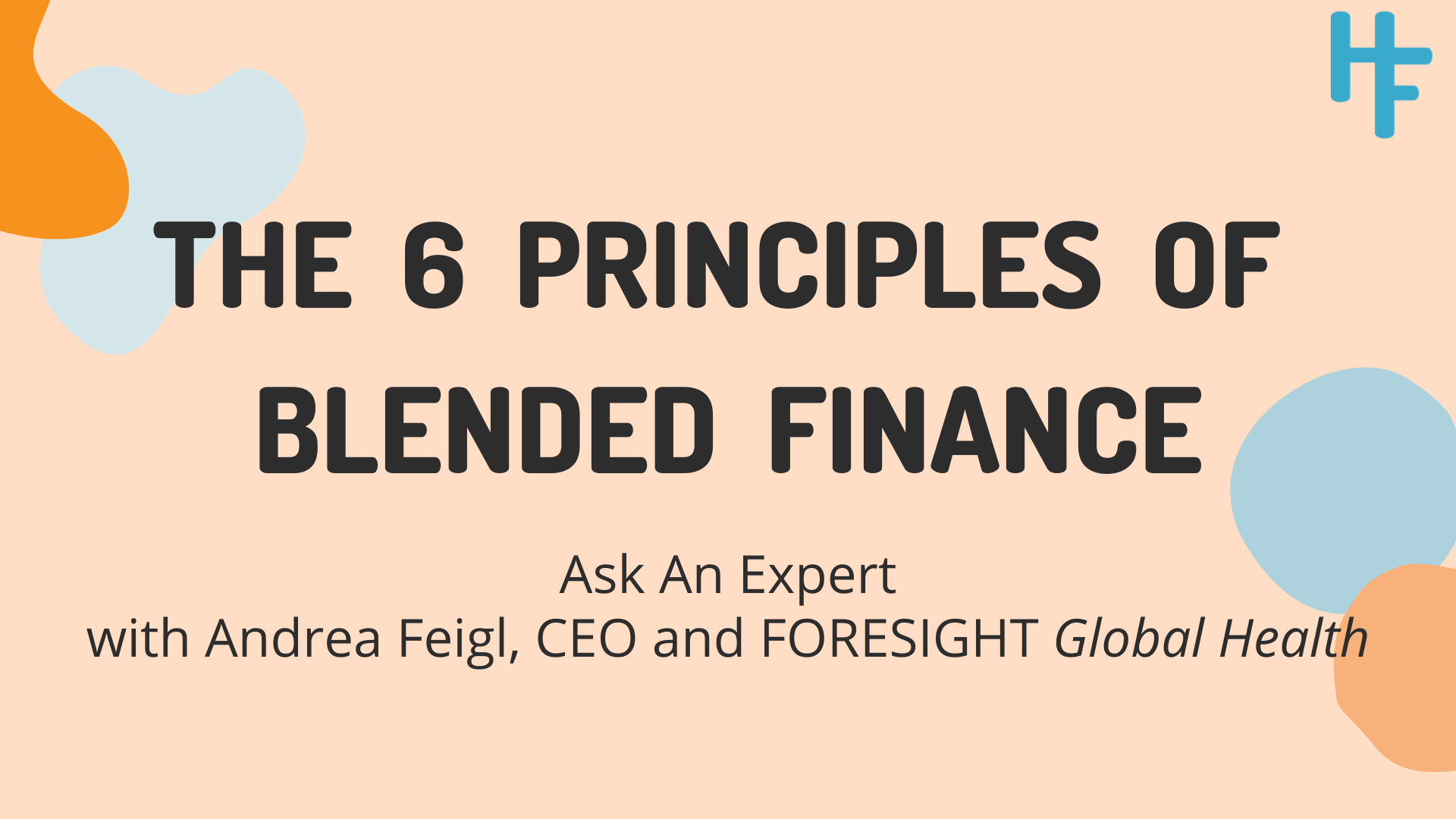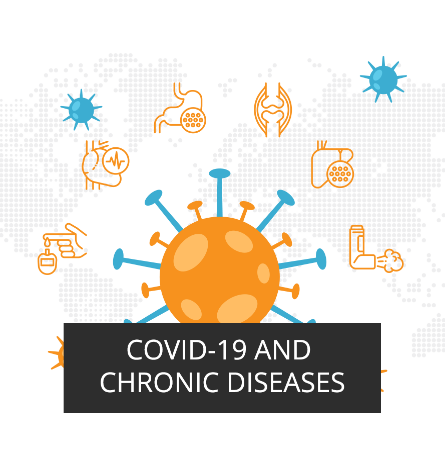Multi-Donor Trust Fund
HFI prepared the business plan for the WHO NCD High Level
Commission Multi-Partner Trust Fund, released in Oman, 2019
Despite non-communicable diseases (NCDs) being the leading cause of death and disability globally, the financing and investment gap for NCDs continues to grow. As such, the UN Inter-Agency Task Force (UNIATF) on the Prevention and Control of NCDs alongside the WHO Independent High-Level Commission on NCDs has expressed a bold call for the creation of a catalytic Multi-Donor Trust Fund (MDTF) to mobilize resources for NCDs and mental health.
This paper provides a review of previous global health and development trust funds, and lessons learnt from the design and operations, proposes options for potential financing mechanisms for scaling up action on NCDs, and presents a business and policy case for the creation of a Multi-Donor Trust Fund for NCDs, including considerations around the rationale, scope, operations, and results framework.





